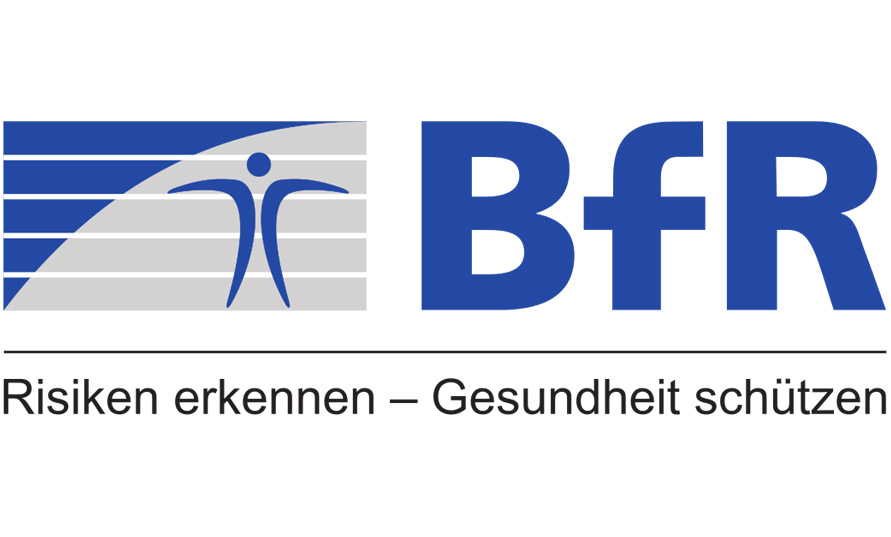
Introduction
The German Federal Institute for Risk Assessment (Bundesinstitut für Risikobewertung – BfR) was founded in 2002 and is an internationally recognized public institution of the federal government. It provides scientific advice on food safety, product safety, contaminants in the food chain, and more broadly, consumer health protection.
The results of studies conducted by this entity, published as “recommendations,” although not legally binding outside Germany, are considered valid international reference standards, becoming the necessary state-of-the-art to ensure product safety for consumers.
What is BfR Recommendation XXXVI
BfR Recommendation XXXVI – Paper and board for food contact, defines guidelines for the production of paper and cardboard intended to come into contact with food. It specifies safe raw materials for the production of these items and sets acceptable limits regarding possible harmful substances in raw materials.
Importance of Conformity Certification to BfR Recommendation XXXVI
The conformity certification of a finished product to BfR Recommendation XXXVI is a significant recognition for the product. It attests to compliance with food safety standards, as contamination from unsuitable substances released by materials in contact with food can have significant consequences on human health. Obtaining this certification ensures the protection of consumer health.
Control and Verification
Obtaining conformity certification to BfR Recommendation XXXVI requires a multidisciplinary approach involving the industry, regulatory authorities, and scientific research. Some key aspects of this verification include:
- Migration Testing: Materials intended for food contact undergo migration testing to assess the amount of substances that can transfer to food. These tests simulate real contact conditions.
- Chemical Safety: In-depth chemical analyses are conducted to identify and quantify the chemical substances present in materials intended for food contact. This allows for the assessment of potential contamination risks.
Effective management of conformity to BfR Recommendation XXXVI necessitates the use of safe and approved materials by manufacturing companies, capable of passing the described tests.
Advantages of Conformity Certification to Rec. BfR XXXVI
Conformity certification to BfR Recommendation XXXVI can only be issued by an independent third-party laboratory. Currently, the only authorized entity for issuing this type of certification is the German laboratory ISEGA. Obtaining this kind of conformity offers numerous advantages for companies in the food industry, including:
- Regulatory Compliance: BfR certification of conformity to BfR XXXVI demonstrates that the material or product has been evaluated and tested in accordance with the regulations and guidelines established by the Federal Institute for Risk Assessment in Germany. This can also help meet food safety requirements and ensure the product complies with current community regulations.
- Credibility and Reliability: Obtaining conformity certification to BfR Recommendation XXXVI lends credibility and reliability to the material or product. Companies that adopt such certifications are concerned about human safety and have taken concrete measures to ensure it.
- Market Access: In many cases, BFR certification can facilitate access to national and international markets. Many jurisdictions require that food contact materials comply with rigorous standards, and BFR certification can be considered proof of compliance, simplifying the marketing process.
- Competitive Differentiation: Being able to state that a product or material is certified according to BfR Recommendation XXXVI can provide a competitive advantage. The growing consumer focus on food safety and quality can make certified products more attractive in the market.
Conclusion
Conformity certification to BfR Recommendation XXXVI offers excellent assurance of safety for materials and products intended for food contact. Investing in this certification means contributing to the protection of consumer health, improving the company’s image, and facilitating access to new markets. Choosing ISEGA as the certification laboratory means relying on a reliable partner in promoting food safety.
Cromatos has long been engaged in the process of certifying its products’ conformity to BfR Recommendation XXXVI. Currently, the product certification portfolio includes over 70 active products in the paper sector (tissue, packaging, fine paper, school cardboard, etc.). For more information, please contact our laboratory directly at technicalservice@cromatos.com one of our sales consultants at info@cromatos.com.

